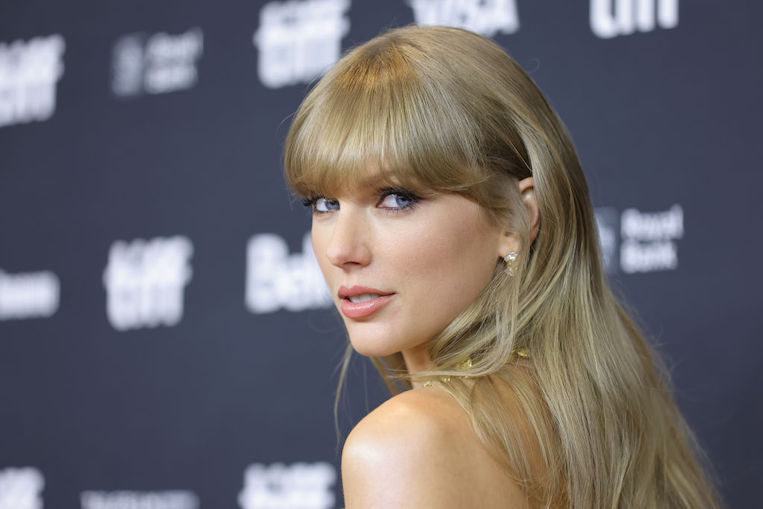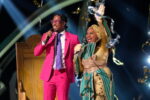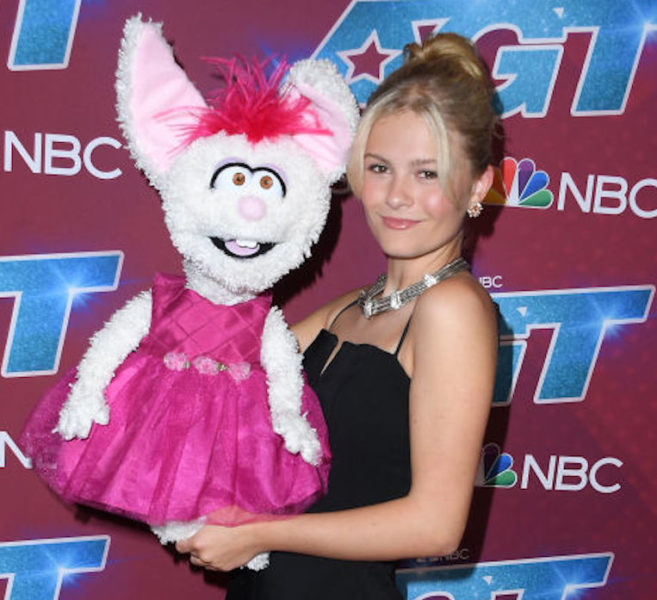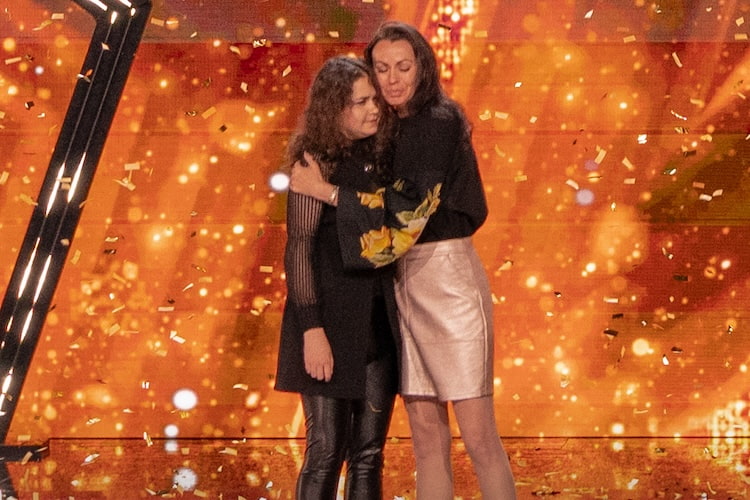Taylor Swift Edits ‘Anti-Hero’ Music Video After Accusations of Fatphobia
 Photo by Amy Sussman/Getty Images
Photo by Amy Sussman/Getty Images Reading Time: 3 minutes
Former The Voice Mega Mentor Taylor Swift recently edited her new “Anti-Hero” music video after it was accused of perpetuating fatphobia. The scene in question shows Swift stepping on a scale which reads “FAT.”
Taylor Swift Accused of Fatphobia in ‘Anti-Hero’ Music Video
In an Instagram post about the music video, Swift wrote that the project was meant to show “my nightmare scenarios and intrusive thoughts.” In the video, she meets an alternate version of herself. At one point, she steps on the scale and sees “FAT.” Her other self shakes her head disapprovingly.
Now, the scene has been edited so that the scale isn’t shown. This was apparently in response to claims that the moment perpetuated fatphobia. That includes a Teen Vogue op-ed from Catherine Mhloyi.
“That anti-hero exists inside her head and convinces her that she is ‘fat,’ and since there’s no further exploration, fat in this moment is essentially equated with failure,” Mhloyi writes. “What Taylor fails to realize is that this same voice exists for fat people, but it’s not in our heads.”
Mhoyli adds, “My scale isn’t broken, I am actually fat, so what now?”
SEE ALSO: TAYLOR SWIFT, MEGHAN TRAINOR’S ALBUMS TOP THE iTUNES CHART
Some Fans Disagree with the Edit
Many Swift fans have been vocal with their disappointment that the singer edited a scene they felt was an honest depiction of an eating disorder. The singer opened up about her own struggles in her Netflix documentary Miss Americana.
“I thought that I was supposed to feel like I was going to pass out at the end of a show, or in the middle of it,” Swift said in the film. “Now I realize, no, if you eat food, have energy, get stronger, you can do all these shows and not feel (enervated).”
A clip of the original music video scene on YouTube is full of fans in the comments sharing what the moment meant to them. One fan wrote, “As someone with an ED, I feel that this scene is validating to me. This scene means so much to those who are fighting with their minds/thoughts and battling with ED altogether.”
However, Mhloyi argues that there are other ways to depict a struggle with body image and disordered eating that don’t paint fatness as a negative. She wondered why the scale couldn’t read “not enough” or “unworthy” instead of “fat.” Mhloyi adds, “The reason is because to most people, all of those words mean the exact same thing.”
“She repeats, ‘I’m the problem, it’s me,’ to indicate that she is being terrorized by the worst version of herself, and she’s not wrong,” Mhloyi writes. “Having an eating disorder is not an excuse for perpetuating fatphobia. The problem is you.”
















I think they’re saying one issue is worse than the other. By validating themselves, they’re invalidating another group of people